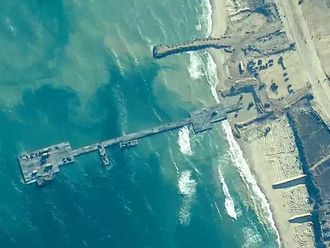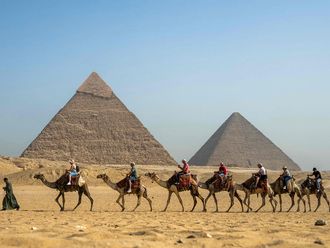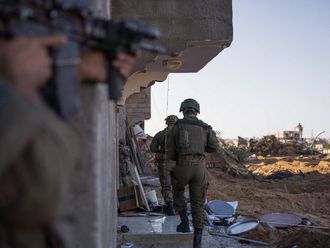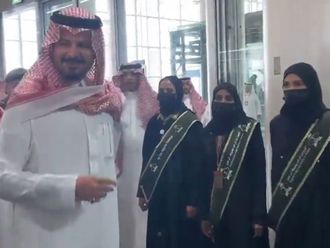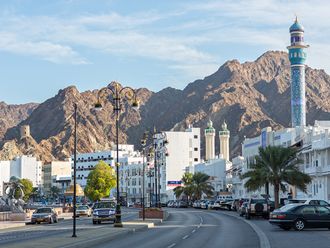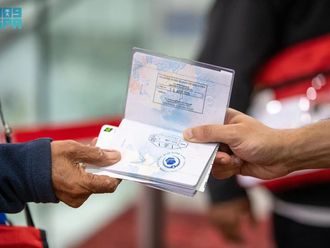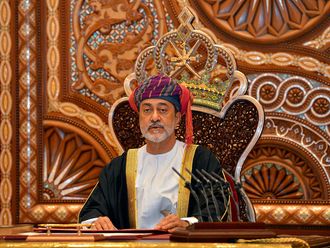Beirut: Speaker Nabih Berri closed the 23rd National Dialogue session on Thursday with no agreement on any of the three principal concerns that preoccupied the Lebanese, even if everyone pledged to continue talks on September 5, on the best way to implement the Taif Accords that ended the civil war back in 1990.
While the very idea of dialogue is certainly a plus, Lebanese are more concerned with ballooning prices and the overall weakening of the economy.
Save for an estimated $8 billion transferred each year into the local economy by expatriate Lebanese, many of whom are optimistic about the long-term outlook for their country, local financial conditions remain dire.
Lebanon produces limited agricultural and industrial goods, so its economy relies largely on tourism, which has been held hostage lately by internal and regional politics.
Like every other neglected institution in Lebanon, its economic ones are no different, as elite merchant-politicians benefit from political paralysis.
There are no restrictions in place barring government officials from being chief investors and business leaders.
With the profits falling into their own pockets, many politicians have little incentive to open up the economy to much-needed foreign investment.
A report by the London-based Economist last month revealed 497 companies across all sectors (energy, health, media, banking and water) have a “cosy” relationship with the state.
As Lebanese elites divvy up the profits between them, preventing “politicians from carving each other up”, few are considering the devastating long-term effects it would have on the state’s economy.
There is nothing in the Taif accords building firewalls for businessmen during their national service periods, which remains among its biggest failures.
Many Lebanese accuse assassinated Lebanese Prime Minister Rafik Hariri of setting the trend of mixing business with politics, but the late business tycoon invested the bulk of his resources in the country.
In fact, he was a businessman long before he entered politics.
He made some mistakes while in office by greasing too many hands and overlooking excesses. He even tolerated Syrian overindulgence at Lebanon’s expense.
But his supporters say there was no other way to rebuild Lebanon after the civil war.
When he later stood up to Syrian domination in Lebanon, he paid the ultimate price as he died in a 2004 car bomb in Beirut.
Syria and Hezbollah have been implicated in his assassination although a Special Tribunal in the Hague has yet to punish anyone for the crime.
During the height of the Lebanese civil war, Hariri pushed for the creation of the Council for Development and Reconstruction (CDR) in 1977 which was to replace the Ministry of Planning.
With the money channelled through the CDR, Lebanon laid its first substantial highways and rebuilt the damaged international airport and harbour. While the CDR did a lot of good, most of its resources were regrettably siphoned off and many projects were entrusted to family cronies.
Today, Lebanon suffers from daily water and electricity shortages and last summer’s garbage crisis was the cherry on top.
According to a study conducted by the American University of Beirut in 2014, Lebanon’s public wealth stood at around $300 billion, but was being controlled by only 20,000 individuals.
This was more or less divided equally between Muslims and Christians.
Meanwhile, Lebanon’s vast majority of the population (five million citizens, over two million refugees and one million expatriate workers) struggle to maintain a semblance of prosperity and no government institution exists to help them.
— This essay, the third of four, examines Lebanon’s challenges post-Taif accords



